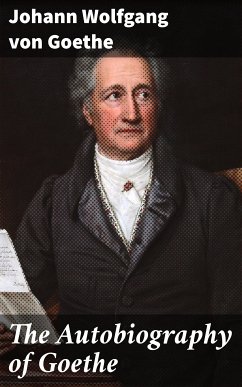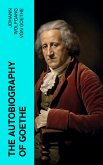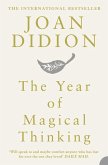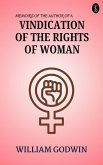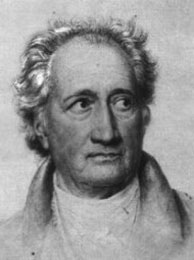In "The Autobiography of Goethe," Johann Wolfgang von Goethe presents an intricate tapestry of his life, delving into his development as a multifaceted artist, philosopher, and statesman. Written with remarkable introspection, this work showcases Goethe's lyrical prose interwoven with philosophical musings and poignant reflections on his formative years. It captures the essence of the Sturm und Drang movement that influenced his early work, as well as the subsequent classicism that defined his later writings. The autobiography not only chronicles his personal evolution but also situates his experiences within the broader context of European cultural and intellectual shifts of the late 18th and early 19th centuries. As a seminal figure of the German literary canon, Goethe'Äôs upbringing in Frankfurt and his extensive travels deeply informed his worldview. His encounters with prominent contemporaries and his immersion in the Enlightenment ideals galvanized him to explore themes of individuality and artistic expression. These elements are woven into the fabric of his autobiography, where he reflects on the struggles and triumphs that shaped his towering literary legacy. I highly recommend "The Autobiography of Goethe" to readers seeking to understand not only the life of one of literature'Äôs greatest figures but also the profound interplay between personal experience and artistic creation. This work serves as an essential entry point for anyone interested in the development of modern thought and the interplay of art and life.
Dieser Download kann aus rechtlichen Gründen nur mit Rechnungsadresse in A, B, BG, CY, CZ, D, DK, EW, E, FIN, F, GR, H, IRL, I, LT, L, LR, M, NL, PL, P, R, S, SLO, SK ausgeliefert werden.

